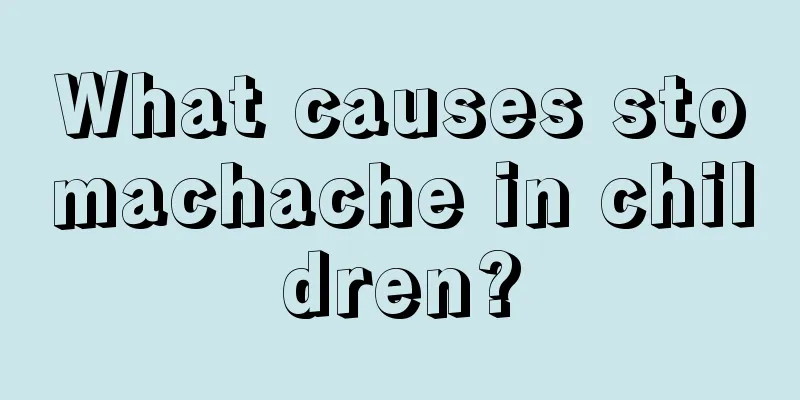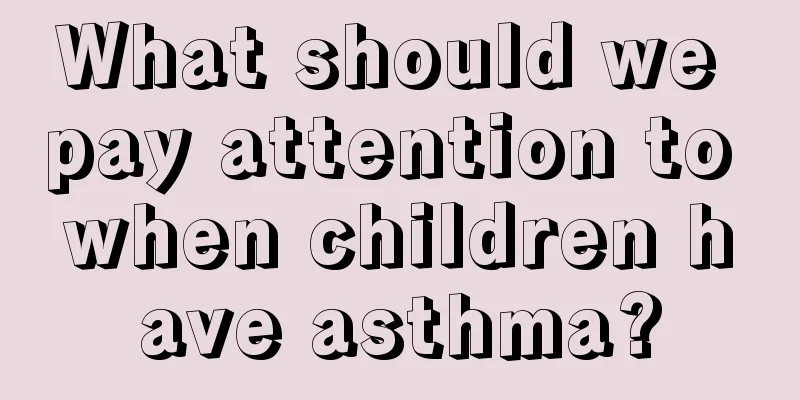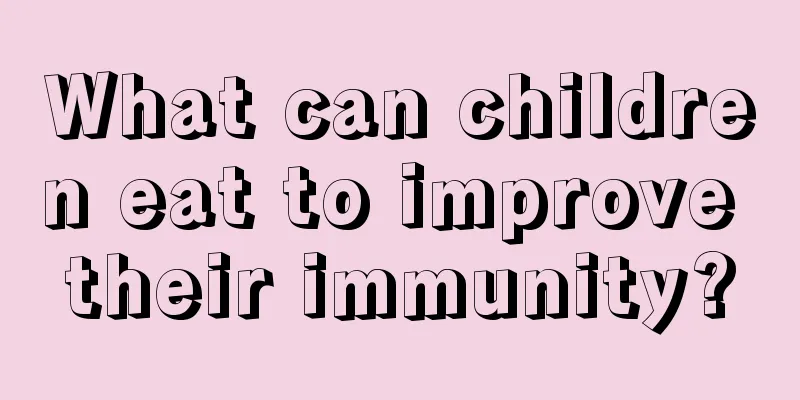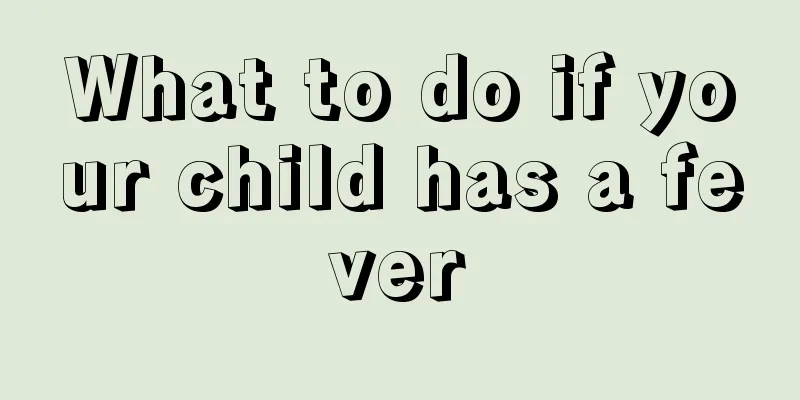Is it normal for children to change their teeth at the age of five and a half?

|
Tooth replacement is an experience that every child must face. The process of replacing deciduous teeth and growing permanent teeth may be an unforgettable experience in a child's life and a sign of the child's growth. Some children start to change their teeth when they are over five years old, while some children start to change their teeth at the age of seven. Some are early and some are late. So at what age is it normal for children to change their teeth? Is it normal for children to start changing their teeth at the age of five and a half? First, there is a normal time range for children to change their teeth. As long as it is within this range, it is considered normal. Taking six years old as the benchmark, adding or subtracting one and a half years before or after is considered normal. Therefore, it is normal for children to change their teeth at the age of five and a half, so there is no need to worry. For children aged five or six, health care and care during their tooth replacement is very important. Because the newly grown permanent teeth will accompany them almost throughout their lives, they are directly related to whether the children's teeth will be neat and beautiful in the future, and will also affect their diet, appearance, and even psychology. Therefore, parents should strengthen their care for their children during this period so that their children can have healthy teeth in the future. Second, the problems that children often encounter during tooth replacement: 1. Teeth that don’t fall out It usually takes several months for a tooth to become loose from its root until it actually falls out. In this case, let your child try to rotate it. If the root is completely detached, a slight rotation will make it fall out. Do not force it, and do not pull it violently, because if the root is only half detached, strong pulling can easily cause damage and infection. 2. It hurts a little when changing teeth The process of teeth loosening and falling out is generally not painful, but as the baby teeth begin to fall out, the children's "six-year teeth" will also grow out, which may cause swelling of the gums and cause children to complain of toothache. If the child's pain is severe, he or she needs to see a dentist, who will decide whether anti-inflammatory and analgesic treatment is needed. 3. The deciduous teeth have not fallen out, but the permanent teeth have come out. For some children, their permanent teeth cannot wait to come out before their deciduous teeth fall out, causing the teeth to be arranged in two rows, front and back. This is not a rare phenomenon, but a common "double-layer teeth" phenomenon when children are changing their teeth. 4. Tooth extraction is too early or too late. The above information is some information about children's tooth replacement. In fact, the time of tooth replacement is different for every child. It doesn't matter if it is early or late, as long as the teeth can be replaced normally. In addition, after all, tooth replacement is the first major event in children's lives, so parents should give their children correct guidance. |
<<: How many deciduous teeth should be replaced?
>>: What should I do if my child has congenital heart disease, ventricular septal defect?
Recommend
Why do children often feel dizzy?
Nowadays, most families have several adults revol...
What should I do if my child has poor digestion?
For children who are in the period of menstruatio...
Understanding peeling of the palms of newborn babies
What parents fear most is that the baby may have ...
What medicine should children take for bacterial infection
Children’s health is what parents care about most...
How to train children's memory
Only when the child's memory improves can the...
Which medicine is best for children with cough?
It is quite common for infants and young children...
What to do if your three-year-old baby likes to suck his fingers
If you find that your three-year-old baby particu...
Children with allergic rhinitis will recover by themselves at the age of 9
Every child has different physical fitness. Some ...
Two month old baby's arm joints are cracking
We all know that babies of two months old are in ...
What should children eat to grow taller without getting fat?
Although we all know that genetic factors play an...
Can babies drink pomegranate juice?
For babies, drinking some pomegranate juice appro...
Reasons for dark green stools in newborns
The stool of newborns is quite changeable. Becaus...
Treatment of bronchitis in children
Bronchitis has become a disease that many of our ...
Why does my child cough in the middle of the night?
If a child starts coughing in the middle of the n...
What should I do if my baby always has nasal mucus?
In daily life, many parents and friends will find...









